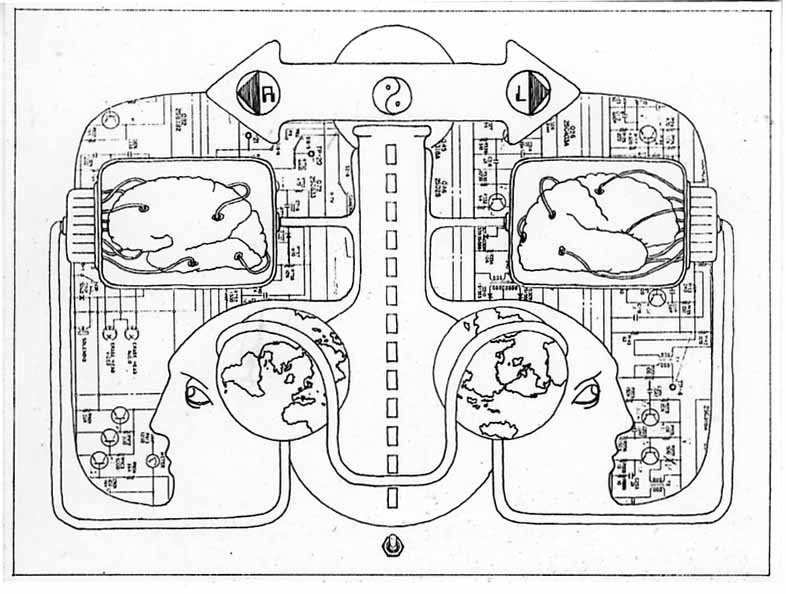Information Ecology 101
FROM INFORMATION HIGHWAYS TO AN INFORMATION SOCIETY
Society is in the midst of an accelerating, techno-mediated transformation. The internetworking of global and local populations, and the digital convergence of phone, television and computer systems is occurring with such momentum, that the larger social context and implications for these changes is easily being lost. Our futures are, however, at stake. The evolutionary processes inherent in our becoming an increasingly communication and technology generating and consuming society, are a complex but critically important matter.
Information Ecology refers to the consideration and better understanding of information theory, telecommunications systems development, human perception and cognition, within the larger context of ecological systems and of our relationship to the surrounding environment. We are learning to tread more carefully in our physical surrounds, but hardly know how to think about the information environment. We are manipulating the terrestrial electromagnetic spectrum in ways barely understood, and are proceeding to network the planet with 'progress is our most important product' entrepreneurial zeal.
At the same time, rapidly increasing numbers of people, in local communities and around the world are evermore able to cheaply and easily communicate among each other. Cultural and political boundaries are shifting or disappearing, as ideas flow with increasing freedom.
Information technologies and knowledge resources are assuming greater importance and value in the emerging local-global economy. The flow of information through society, much like water or energy, tends to nurture and reorganize all aspects of the system. As with other resources and services, there is a delicate balance that will need to be understood and maintained between productivity and waste in this changing economic landscape.
New understandings of cause and effect in the information environment can serve as the building blocks of an information ecology. Let's not just talk about it, though. Let us create examples, and take greater social and individual responsibility for the new opportunities and possibilities of enhanced democratic trends.
1997



